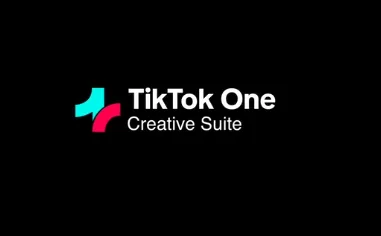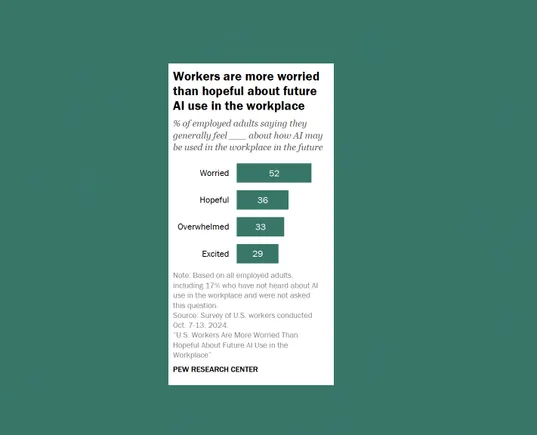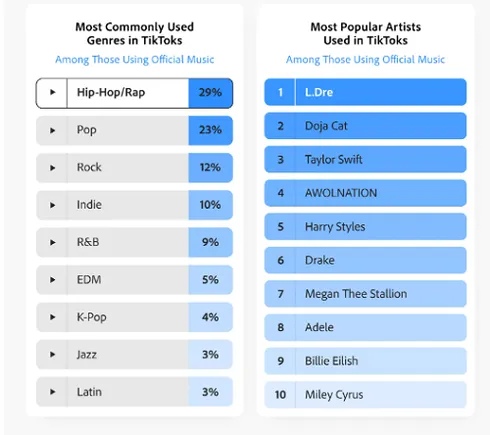The International Data Corporation (IDC) reported that the global AI software market, valued at $64 billion in 2022, is expected to grow at a compound annual growth rate (CAGR) of 31.4%, reaching $251 billion by 2027. Additionally, global AI market revenues are projected to grow at a CAGR of 19%, potentially reaching $900 billion by 2026. According to the Bank of America, AI and Big Data could contribute approximately $15.7 trillion to the global economy by 2030, while open data is forecasted to add between $3.2 trillion and $5.4 trillion by enhancing productivity, improving healthcare, and reducing emissions.
AI is anticipated to boost the global economic outlook in three significant ways. First, automation could increase labor productivity by about 40%. Second, AI’s problem-solving and self-learning abilities will enhance its utility over time, particularly for economies and companies with high AI adoption rates. Finally, AI has the potential to drive both public and private investments. McKinsey reported a 71.4% year-over-year increase in funding for generative AI in 2022. Furthermore, global private investment in AI rose by 48% in 2021, reaching $93.5 billion—almost double the total private investment compared to 2020.
Developed economies, notably North America and China, are expected to see the most significant gains from AI. PwC estimates that AI could boost the GDP of China and the US by 26.1% and 14.5%, respectively, by 2030, primarily due to their advanced technological infrastructure and consumer readiness for AI adoption.
Microsoft Corporation (NASDAQ: MSFT) is a leading global technology company known for its software, services, devices, and office productivity tools. Through its Azure AI and cloud services, Microsoft is aiding companies such as CallMiner, PwC, Accenture, and TCS in developing their own AI solutions, thereby facilitating smooth AI adoption worldwide.
In the third quarter, Microsoft reported record revenues, with the intelligent cloud segment experiencing a 21% increase to $26.7 billion. This growth was primarily driven by Azure and other cloud services, which saw contributions of 24% and 31%, respectively. The strategic partnership between Microsoft’s Azure and OpenAI is ushering in a new era of AI transformation, with more than 65% of Fortune 500 companies now utilizing the Azure OpenAI Service.
Microsoft is continuously introducing new AI technologies to support companies of various scales. On April 23, Microsoft launched Phi-3, a set of small language models (SLMs) that are among the most capable and cost-effective on the market. Companies such as LTIMindtree and PwC are already using Phi-3 to access third-party APIs, including those from Meta, Cohere, and Mistral. Additionally, Azure Arc, a hybrid multi-cloud management system, continues to expand, supporting organizations like the World Bank in streamlining their cloud migrations. Azure Arc’s customer base doubled year-over-year, now encompassing approximately 33,000 customers.
Overall, Microsoft witnessed an 80% increase in $100 million-plus Azure deals year-over-year, while the number of $10 million-plus deals almost doubled in the same period. For example, on June 3, Microsoft and Hitachi signed a three-year, multibillion-dollar strategic partnership to create innovative industry solutions. Under this agreement, Hitachi will integrate various Microsoft services, including Microsoft Cloud, Azure OpenAI, and GitHub Copilot, into its Lumada solutions to drive business growth and enhance the productivity of its 270,000 employees.
Have you read?
Impact of Titles on Your Executive Career – Negotiating Job Titles and more!
5 Reasons being dog friendly is very good for business.
Do you want to change things in your organization? Perhaps it begins with changing how you think.
Would Your Team Win Olympic Gold in Paris?
Mastering Leadership- How Clear Expectations Drive Success.
Add CEOWORLD magazine to your Google News feed.
Follow CEOWORLD magazine headlines on: Google News, LinkedIn, Twitter, and Facebook.
Copyright 2024 The CEOWORLD magazine. All rights reserved. This material (and any extract from it) must not be copied, redistributed or placed on any website, without CEOWORLD magazine’ prior written consent. For media queries, please contact: info@ceoworld.biz



































































